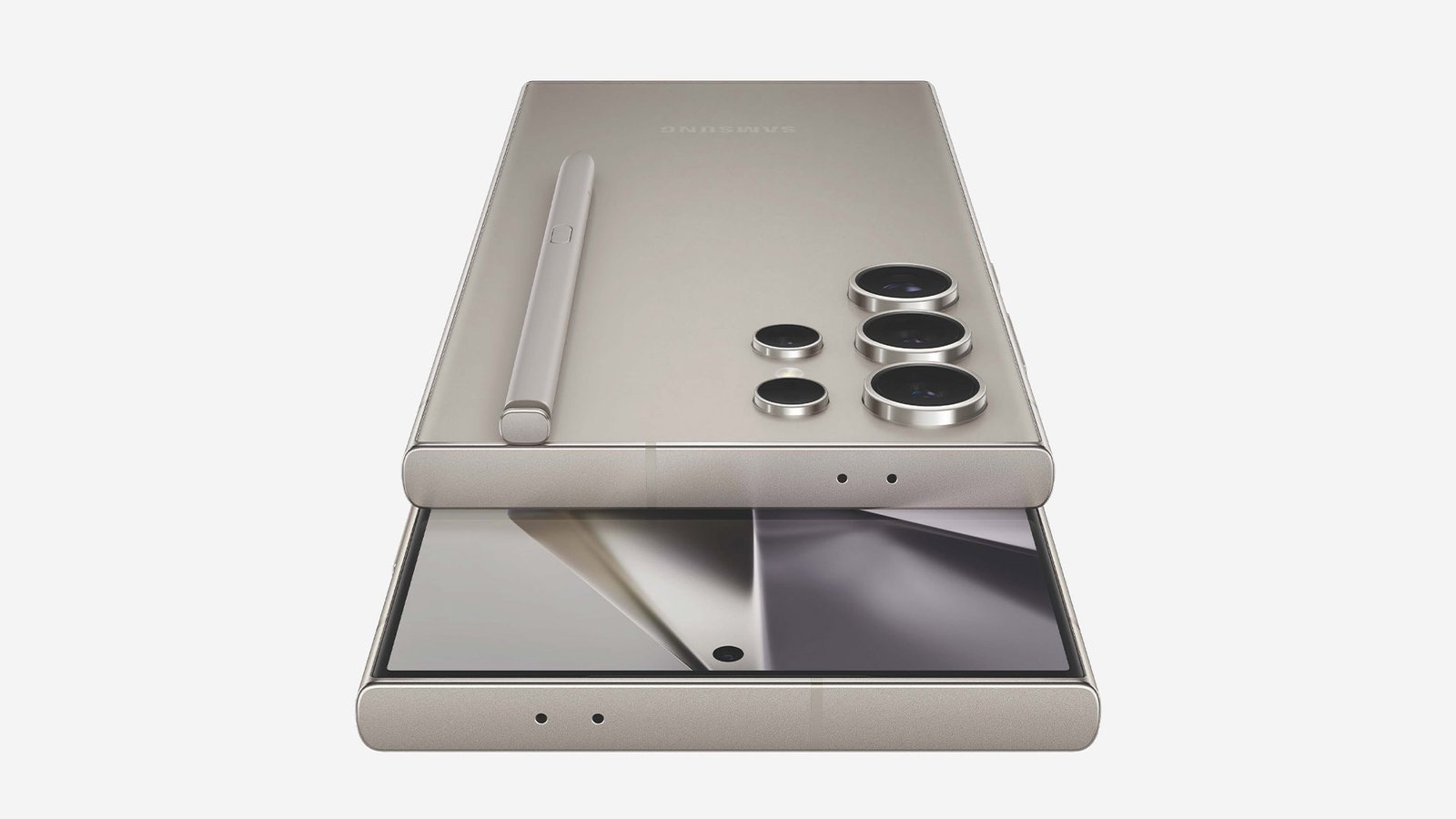Samsung is set to launch the Galaxy S25 Ultra, and one of the most talked-about features is its potential use of Grade 2 or Grade 3 titanium in the frame. This decision is likely to improve the structural integrity of the device, making it more robust and durable.
Titanium in Smartphone Frames
Titanium is renowned for its strength and lightweight properties, making it an ideal material for smartphone frames. It’s significantly stronger than aluminum, which is commonly used in many devices. By incorporating titanium, Samsung aims to provide a sturdier build without adding unnecessary weight.
Grade 2 vs. Grade 3 Titanium
Grade 2 Titanium: Known for its excellent corrosion resistance and ease of welding, Grade 2 titanium is often used in applications where these properties are crucial. It is also easier to work with during the manufacturing process, which can reduce costs and complexity.
Grade 3 Titanium: This grade offers a higher strength-to-weight ratio compared to Grade 2. While it is tougher to process, its increased strength can provide better protection against drops and impacts.
Structural Integrity Benefits
Using either Grade 2 or Grade 3 titanium will enhance the structural integrity of the Galaxy S25 Ultra. The material’s high strength will help the device withstand everyday wear and tear, making it more durable than previous models that used aluminum frames. This could potentially lead to fewer instances of frame bending or damage from accidental drops.
Why Titanium Over Aluminum?
While aluminum is lightweight and relatively strong, it does not offer the same level of durability as titanium. Titanium’s superior strength and resistance to deformation make it a more suitable choice for users who demand a rugged device. Additionally, titanium’s resistance to corrosion ensures that the Galaxy S25 Ultra will maintain its appearance and integrity over time.
Cost Considerations
The decision to use titanium, specifically Grade 2, might be influenced by cost factors. Grade 2 titanium is less expensive to produce and easier to work with compared to Grade 3. By opting for Grade 2, Samsung can keep production costs manageable while still offering significant improvements in durability.
Market Impact
The adoption of titanium in the Galaxy S25 Ultra could set a new standard for premium smartphones. As consumers become more aware of the benefits of stronger materials, the demand for titanium-framed devices is likely to increase. This move could also pressure other manufacturers to explore similar upgrades in their high-end models.
The use of Grade 2 or Grade 3 titanium in the Galaxy S25 Ultra represents a significant step forward in smartphone durability. While the exact grade remains to be confirmed, either option will provide a substantial improvement over traditional aluminum frames. Samsung’s commitment to enhancing structural integrity demonstrates its focus on delivering high-quality, long-lasting devices to its customers.







